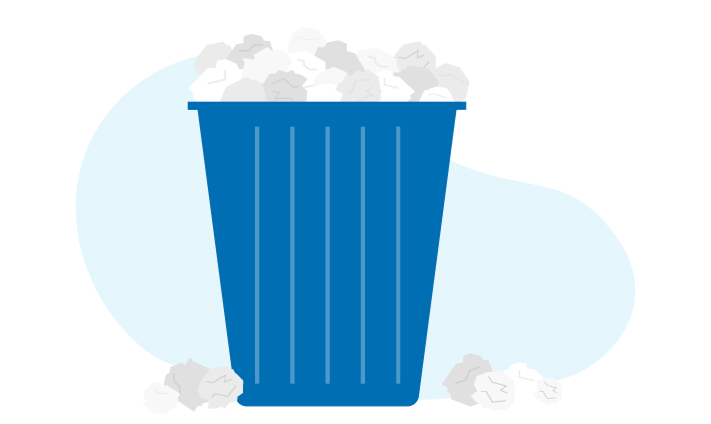With organic materials like hay and feed, plus large mechanical equipment that generates heat and exhaust gasses, a typical farm has several potential fire hazards. Losing property, livestock and equipment in a fire can lead to long-periods of downtime that can be devastating to your farming operation. It can also result in insurance premium increases in the future.
Use these farm fire prevention tips to avoid costly losses to your farm business.
Preventative maintenance for barns and other farm buildings
No smoking: Never allow smoking in farm buildings. Discarded cigarettes should not be left on the ground or in potted plans. Potting soil becomes combustible in dry conditions.
Clear the clutter: Keep barns and yard areas clear of brush and other flammable debris. Move flammable items away from heat sources, and clear away dirt and dust buildup from appliances and equipment to prevent overheating.
Let the air flow: Provide adequate ventilation to prevent buildup of chemical vapours, silo gases, and other hazardous byproducts. Proper airflow helps dissipate flammable gas and vapours, preventing heat buildup.
Inspect electrical equipment: Maintain electrical equipment and keep wires safely enclosed in metal or PVC pipes to protect them from exposure to weather and animals. Once per year, have a licensed electrician inspect the electrical equipment in your farm buildings.
Refuel outside: Refuel equipment outdoors, away from open flames and as far from any buildings as possible. Make sure engines are not running or still hot before refueling. Keep fuel and other combustibles away from livestock in a different building.
Heat with care: Keep heaters out of the reach of livestock and well away from bedding and other combustible materials. Avoid using heat or solar lamps, trouble lights, heated watering bowls or other heated devices to warm outdoor pet shelters. Instead, use borrowed heat that provides warmth from a separate building – such as through a hot water heating system that circulates water with potable antifreeze to buildings via underground piping.
Keep extinguishers ready: Portable fire extinguishers should be properly maintained, regularly inspected and easy to find in each building, especially near mechanical equipment and storage areas that contain flammable materials. Train your employees how to properly use extinguishers and where to find them.
Fire prevention in your home
Protect your loved-ones and minimize your chances of injury and property damage in a fire with these home fire safety tips.
- Purchase and maintain proper smoke alarms and CO detectors
- Follow these general fire prevention and wood stove safety tips
- Prepare and practice your fire escape plan with your family
- Reduce damage with a home fire sprinkler system
For more information or to discuss the right insurance plan for your farming operation, contact your local Financial Advisor.





 Home
Home
 Auto
Auto
 Life
Life
 Recreation
Recreation

